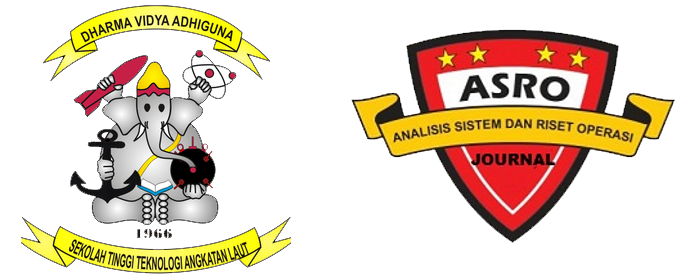THE ACCEPTANCE OF INTERNATIONAL AID IN MANAGEMENT OF NATURAL DISASTERS IN INDONESIA
Abstract
The absence of clear budgeting regarding disaster management in the State Revenue and Expenditure Budget (APBN) is a condition that must be studied using the perspective of the government's fulfillment of human rights. Meanwhile, the involvement of charitable institutions, social communities and even other countries in the context of handling national disasters is a specific issue that will be discussed. The formulation of the problem raised in this research is (1) the obstacles faced in implementing the receipt of international aid in the process of handling natural disasters in Indonesia and (2) the regulation of international law on the receipt of international aid in managing natural disasters in Indonesia. This research resulted in the conclusion that there are still various countries which, although unable to provide humanitarian assistance to victims of natural disasters in their own countries, still have doubts about granting permits to enter humanitarian aid from abroad. The declining quality of the environment "has exacerbated the potential for natural disasters; in this case, we in Indonesia have seen examples of disasters caused by a lack of proper management of one of the landfills (TPA) in Bandung, which caused quite a lot of victims; while SARS is an example of the loss of a sense of security from the threat of infectious disease. Judging from the incident and its impact, the tsunami needs to be seen from the point of view of "comprehensive collective security," and its handling is more focused on arrangements that will be more effective in providing protection, preparedness, and assistance to those who "face the threat of natural disasters."
Keywords: International Law, Acceptance of International Aid, Natural Disasters



